
Author Mads Timmermann
Mads has 15+ years of experience as a skin expert and has written/read this article.
Milk Giant acknowledges a correlation between milk and acne
There are many myths associated with acne and diet. Most of these myths are wrong, but some are true. You may be surprised to learn that it is certain that pizza, chips, and other fast foods and snack foods are NOT a proven cause of pimples.
Have you heard that cow's milk can cause pimples?
Maybe you are skeptical? Most people are - and understandably! We have grown up with the mantra that we should drink milk. We hear it in school, from our parents, from the board of health, and from our doctor.
We have been told that without milk, our bones will be soft; that we will not get enough calcium.
However, scientists now agree that it may be a good idea to avoid milk if you suffer from acne.
It has repeatedly been demonstrated that the milk is the cause of acne.
Fast food - does it not cause pimples?
It should not be misinterpreted that a healthy diet is unimportant. On the contrary!
A healthy diet will have a positive effect on your pimples and acne, especially if you already suffer from pimples! This is a fact!
What is not proven it is that fried food and other fast foods are directly responsible for the development of pimples.
It is also certain that a healthy diet will not only have a positive impact on your acne; it will also help your skin in general, and of course it will help your health..
The cause of acne could be cow’s milk
The vast majority (if not all) of us have experienced having a pimple, and many are experiencing prolonged outbreaks of acne, which is a nuisance.
It is estimated that up to 90% of teenagers will suffer from acne. The reason for the high numbers might be in our diet - or more specifically, our intake of milk. Researchers do agree that there is a direct link between milk and acne.
A study of 47,355 teenage girls, conducted by the Harvard School of Public Health and published in 2005, showed a clear worsening of acne in those participants who ingested milk.
Scientists believe that the link between acne and milk is due to the high amount of hormones and bioactive molecules in milk.
Milk Giant has reached the same conclusion
The Danish dairy and world biggest dairy-food producer Nestlé substantiated the above research results in 2011 with their own investigation of acne and milk.
The result was obvious and indicated that milk and whey protein-based products have a direct correlation with acne.
The study further concludes that drinking less cow’s milk – or the elimination of whey protein and milk in the diet - will have a huge impact on the prevention of disease in Western countries. These diseases include, among others, obesity, diabetes mellitus, cancer, dementia, and acne.
What about calcium?
You may be thinking: "What about calcium?"
You are not alone. The vast majority of people are skeptical about avoiding cow's milk. We grew up believing that milk is the most important source of calcium.
However, there are many other fine sources of calcium: kale, beans, oats, whole-grain bread, olives, figs, and almonds.
The recommended daily calcium intake for adults is 800 mg , and actually there are 256 mg of calcium in 100 g of almonds, which is twice as much calcium as in cow's milk.
Another objection people have to avoiding milk is that they don’t know what to put on their breakfast cereal. Rice, almond, or cashew milk is a fine alternative.
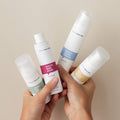
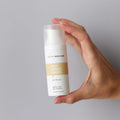
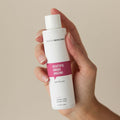
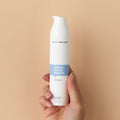
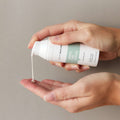
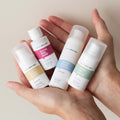
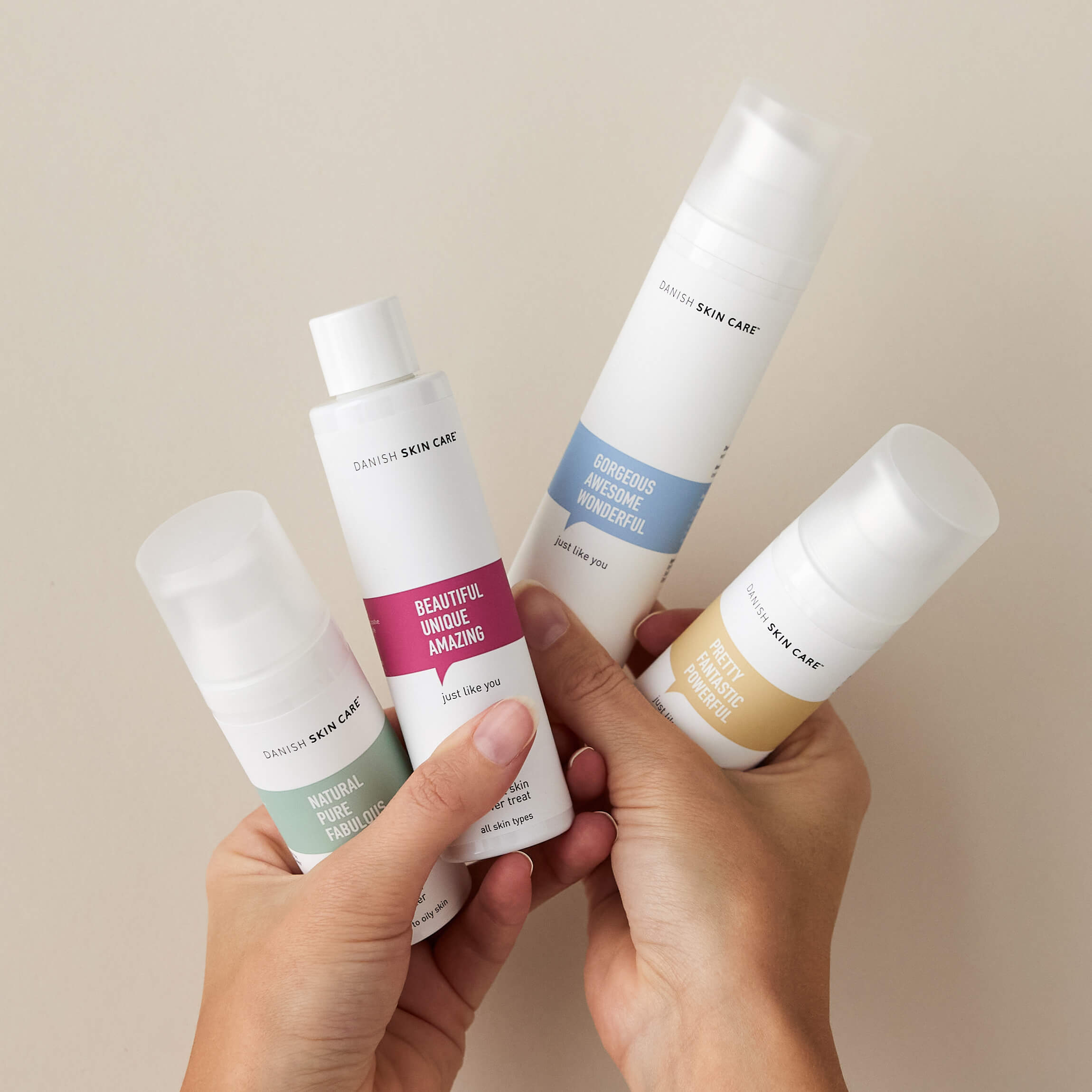
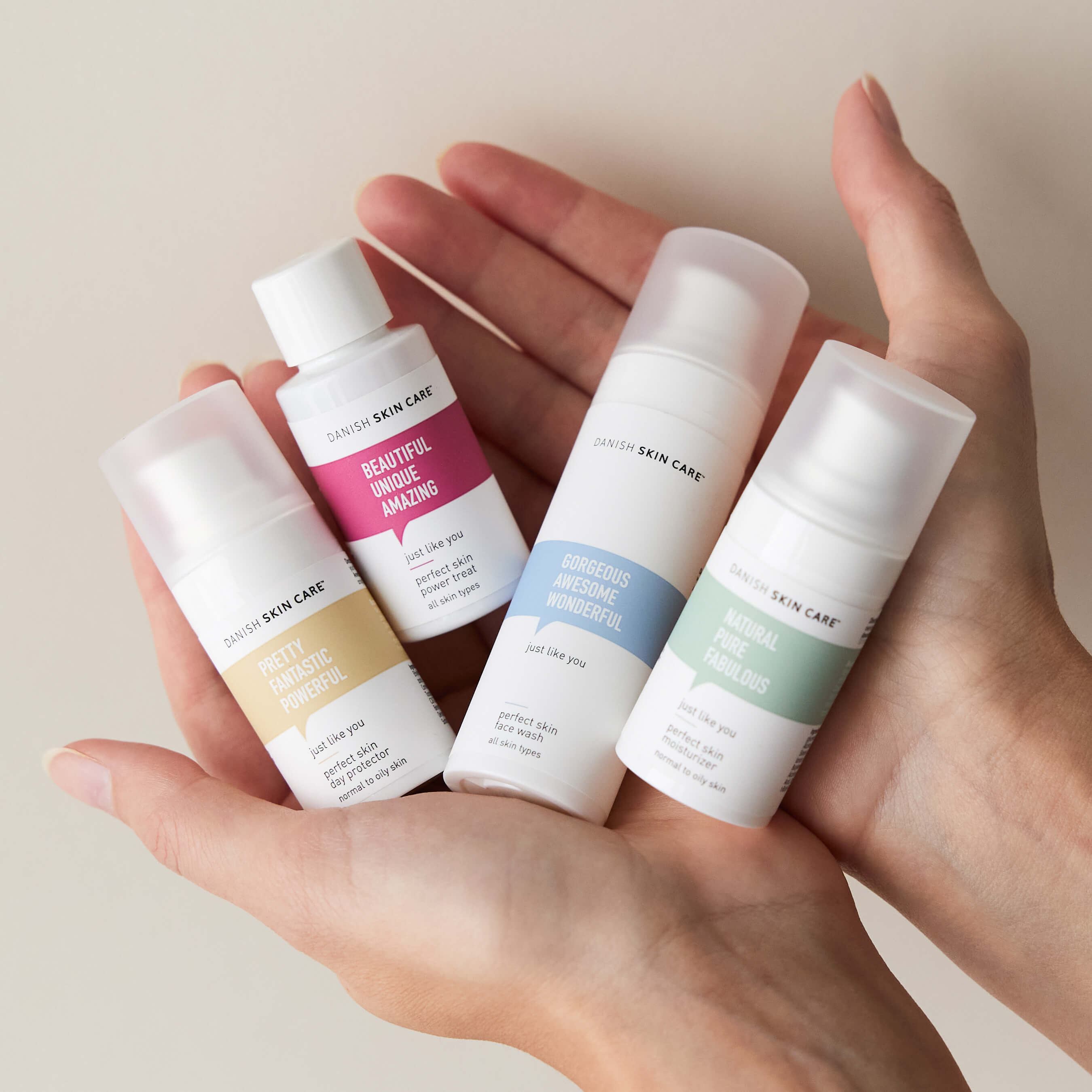
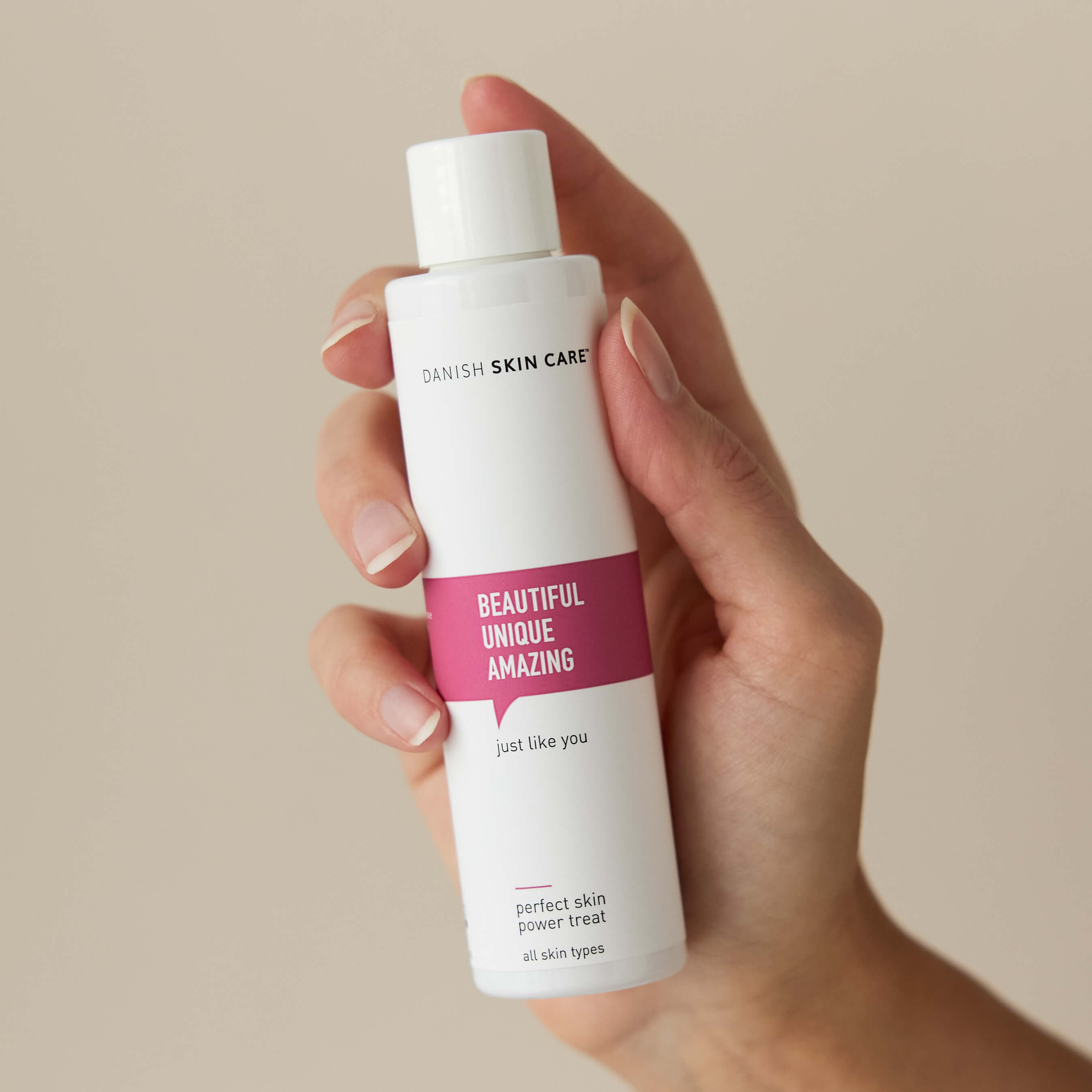
Leave a comment